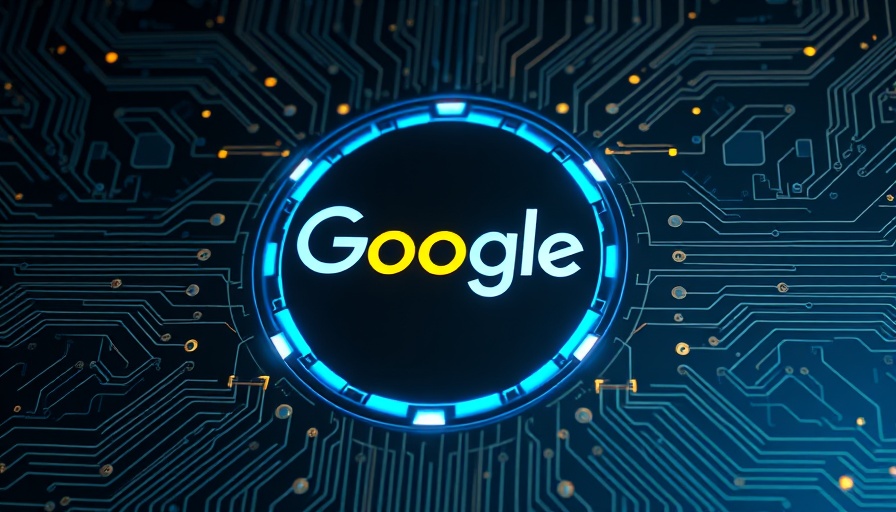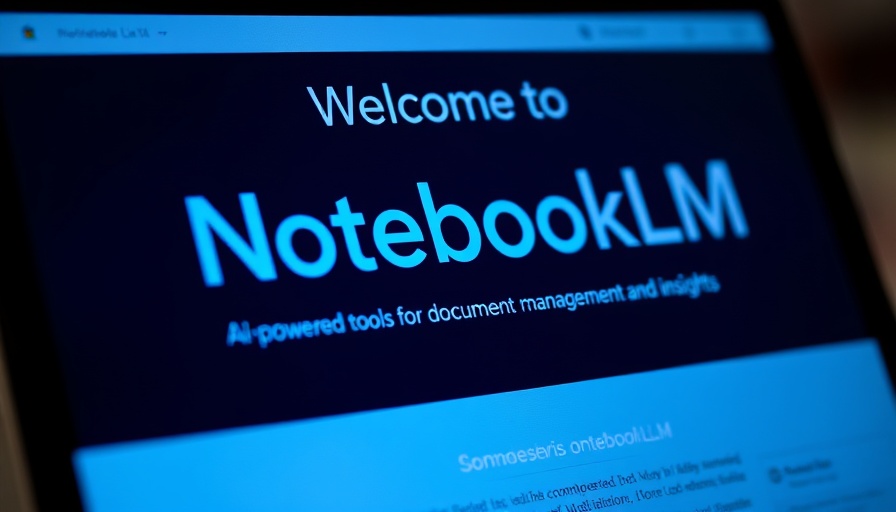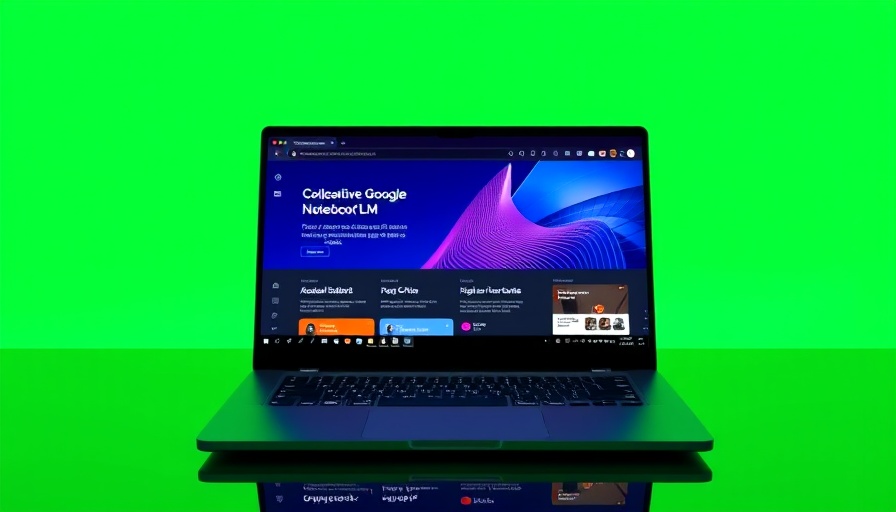
The Future of No-Code Development: Is Siri Ready?
As the tech landscape evolves, the push towards no-code applications seems increasingly ambitious, especially with giants like Apple entering the fray. Imagine if you could create complex applications using simple voice commands through Siri. This concept is at the heart of Apple’s vision for a new kind of programming—dubbed "vibe coding." This idea isn't just air talk; it's a significant step that could change the way businesses approach application development.
Understanding the Vibe Coding Concept
Apple's concept was recently highlighted in a report that discussed the potential for everyday users—not just software developers—to construct applications using Siri. The allure of no-code environments is already present in platforms like Zapier or Airtable, which allow users to automate workflows with minimal programming skills. Apple aims to push this boundary further, directly infusing it with their AI prowess. However, the effectiveness of this approach depends greatly on Siri’s capability, which historically has had some limitations.
Bridging the Gap: Technology Meets Expectation
For vibe coding to be a reality, several technological hurdles need to be overcome. Today, many apps require complex integrations and functionalities that voice command alone might not easily fulfill. Company expectations also play a critical role. As stated by David Gewirtz, “Writing code is not only complex; it's multi-disciplinary.” This highlights the need for robust AI capabilities to take over intricate processes. If Siri evolves to a standard comparable to other AI coding tools like ChatGPT, the door opens for a new era of app development.
Challenges Apple Must Navigate
Implementing this ambitious plan isn't merely about tech upgrades. User perception and market adoption will be crucial in determining success. Trust factors come into play; potential users might be skeptical given Siri's past performance with basic commands. Can Siri truly execute the nuanced tasks necessary for app development? It raises an essential question: How much can consumers rely on this technology for something that could affect business operations significantly?
Comparative and Competitive Analysis
Looking at competitors in the market, companies like Microsoft and Google have already begun exploring similar pathways. Microsoft’s PowerApps enables users to create custom apps with little technical skill, while Google has emphasized AI advancements with tools like AppSheet. For Apple’s initiative to make waves, distinct value-add features will be essential to standing out in a crowded marketplace. Without this differentiation, Siri’s vibe coding may come off as just another experiment rather than a revolutionary tool.
What This Means for Business Leaders
For CEOs and marketing managers, the potential for vibe coding could signal a transformative shift. If Apple succeeds, it could democratize app development, empowering teams to innovate without needing extensive coding knowledge. This can lead to faster deployment of solutions that are customized to meet specific business needs. Additionally, whether Apple fulfills this vision could influence user expectations across industries and redefine standards for AI-driven development.
Looking Ahead: Opportunities and Risks
The journey to vibe coding might present opportunities for innovation but also entails risks. As with any disruptive technology, the implications for data privacy, security, and user control are paramount. Business professionals will need to be aware of these risks and actively prepare strategies to manage them. The implementation of additional safeguards and training will likely be necessary to help users navigate this new landscape successfully. Ultimately, understanding both the potential and challenges of vibe coding with Siri could position organizations at the forefront of a significant technological evolution.
As we stand on the brink of this possible transformation, it's crucial for leaders in tech-driven industries to pay close attention to the developments surrounding Apple's plans. Keeping an eye on the nuances of vibe coding may reveal strategies not only for app development but also for leveraging AI across other areas within business. Stay tuned as we continue to explore how these advancements unfold.
 Add Row
Add Row  Add
Add 




 Add Row
Add Row  Add
Add 

Write A Comment